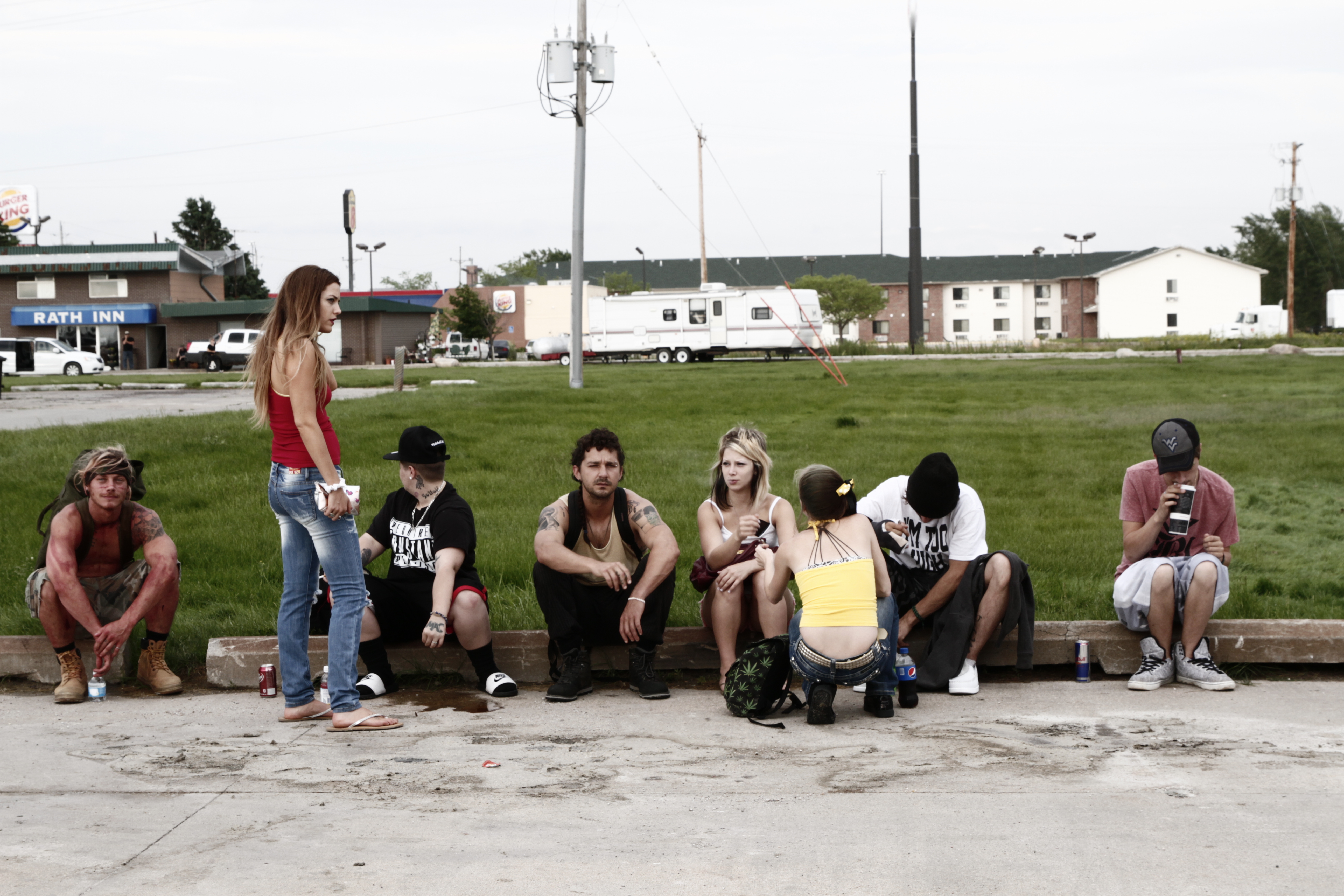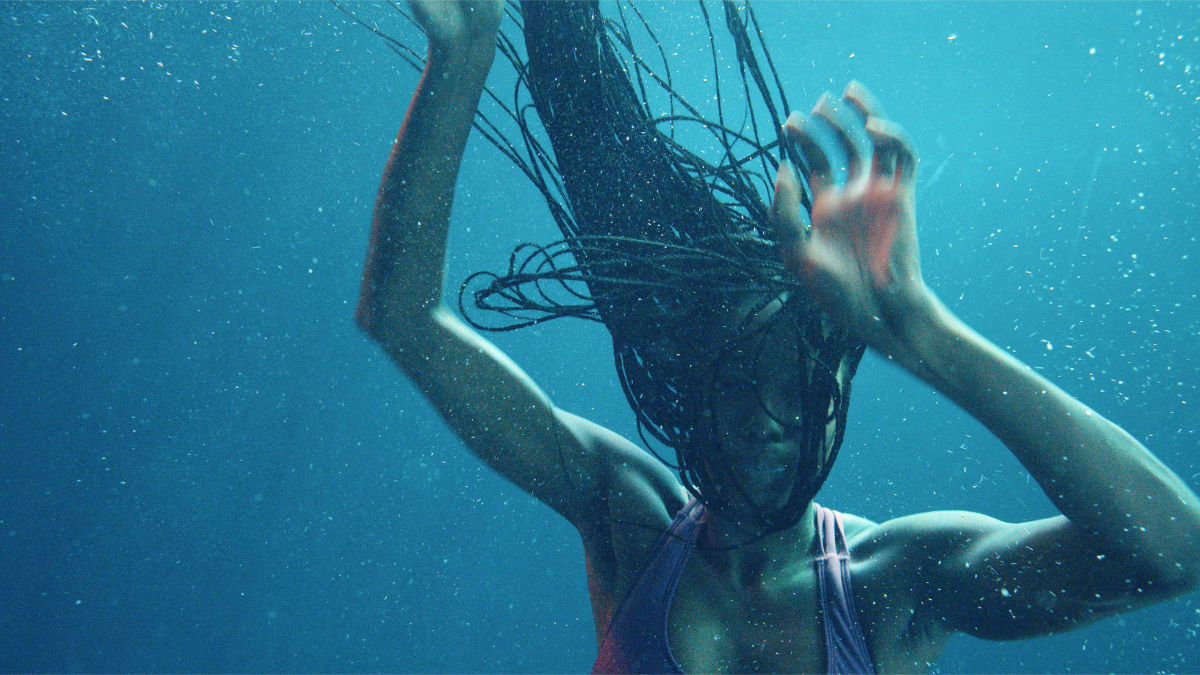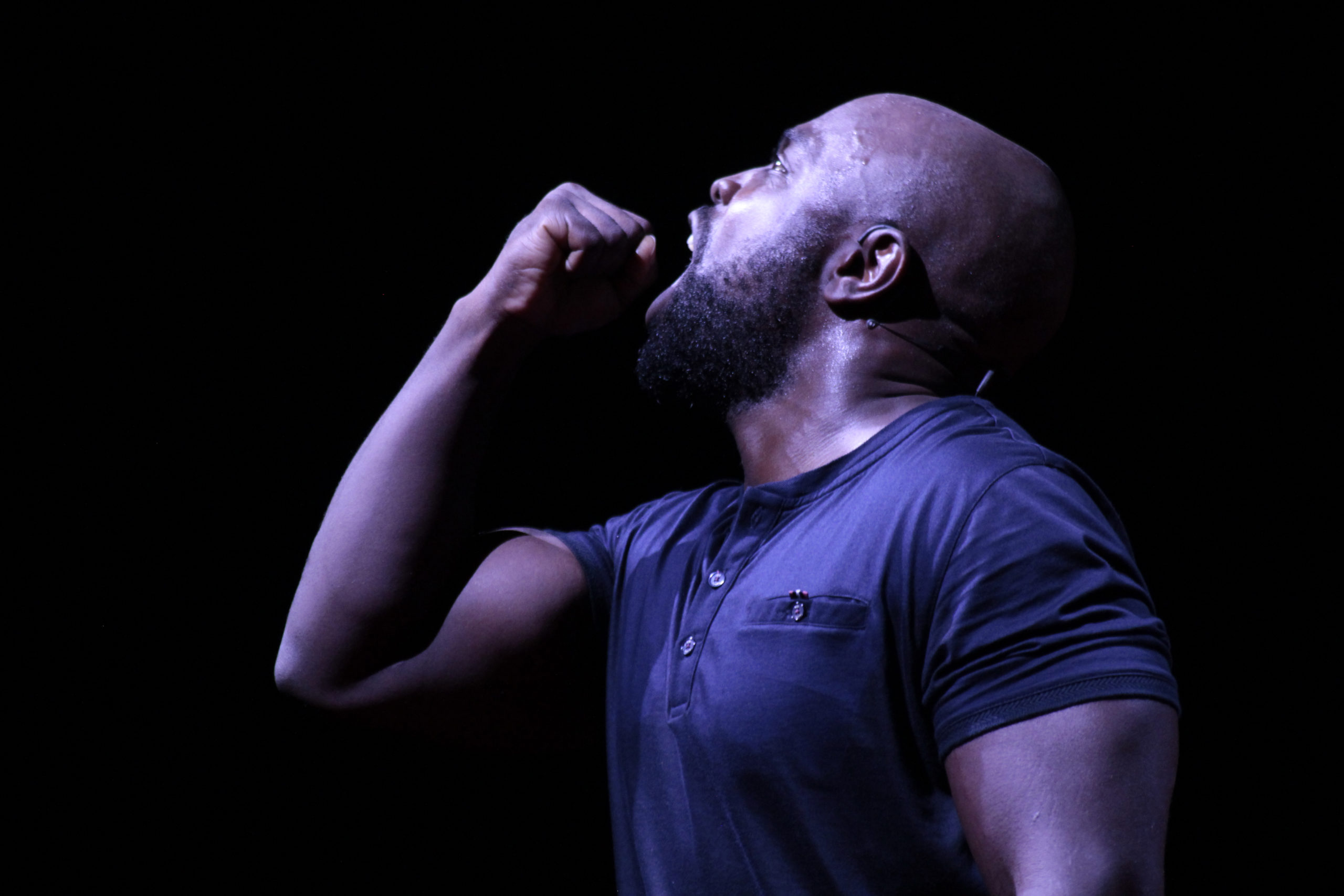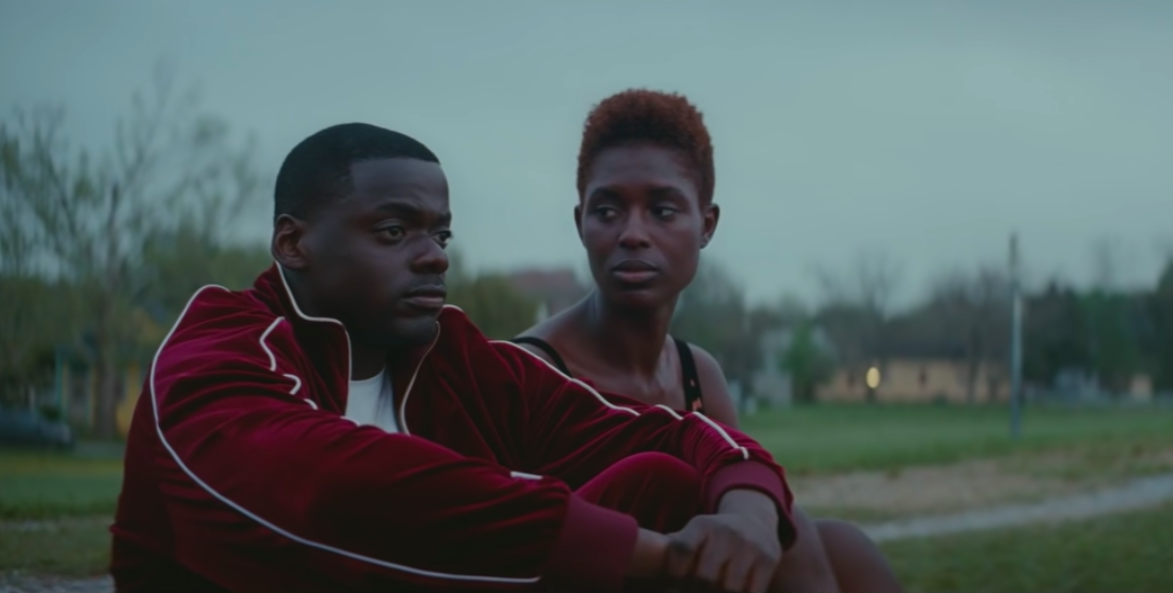
American Honey: a film about displacement that displaces its protoganists identity
Grace Barber-Plentie
15 Oct 2016
Displacement is a dangerous thing. There’s no feeling worse than not feeling at home in your own home, or worse, your own body. As someone of mixed heritage I’ve constantly felt displaced in a world where getting “where you from”-ed is a common conversation starter.
Andrea Arnold’s most recent film, American Honey, is one that seemingly attempts to address themes of displacement and youth in America. The film follows a rag-tag group of teens that go from state to state selling magazines and partying. While the film, at a dragging near three hour length, addresses the mundanity of life where you don’t quite know where you belong, where every day is the same and there’s no destination in sight. There are several issues that Arnold shies away from, unfortunately weakening the film.
There’s a huge elephant in the room in American Honey, in the form of the film’s protagonist, Star, played by newcomer Sasha Lane. Star is the new girl of the magazine-selling crew, and while the rest of them have found mutual ground, bonded and are larger than life, Star is quiet and introspective. But, to me, this isn’t the reason that Star stands out from the crowd — it’s because she’s a black girl in a sea of white people. In a day and age where black culture is co-opted constantly, it’s easy to mistake Lane’s now-signature dreadlocks for appropriation rather than appreciation of her culture. Of this, Lane has said: “Someone said I was appropriating [the dreadlocks], as if this wasn’t my culture. I’ve gotten so much for being mixed — I’m never black enough, I’m never this enough — so it really just got me. One, you don’t know who I am. This is my culture, and I’m not appropriating anything; this is me and this is beautiful.”
While it’s never entirely explicit whether or not Arnold has written her character as being black, (somewhat reminiscent of the Coen Brothers decision to cast Latino actor Oscar Isaac as the titular Italian-American character in Inside Llewyn Davis) it’s easy to read Star’s displacement as being linked to her race. In the dumpster-diving, abusive family she flees from, and the magazine-selling crew, she’s the only person of colour. Is this displacement from her culture one of the reasons why Star feels rootless, why she constantly and recklessly attempts to find somewhere that she can call home? As someone who’s been (minus the partying and searching for the American Dream) in the same position as Star, I found it easy to make this connection between race and alienation. Being the only person that looks like you is confusing. And while a lot of non-white people can assimilate, at least by appearance, with her dreads Star certainly stands out.
Even if the character of Star is not deliberately coded by Arnold to be read by audiences as being black, the film still raises problems when it comes to addressing race. The teens that Star joins are yet another incarnation of a certain kind of white teen that we seem to be seeing more of in American cinema. A recent example is those that we see filling the beaches in Harmony Korine’s Spring Breakers, (and indeed they seem to treat their entire line of work as one long spring break, drinking heavily and smoking weed before going about their door-to-door magazine peddling); loud brash white kids who seem to count singing along to rap music as one of their favourite past times.
It basically doesn’t even need to be said that singing along to rap music involves heavy usage of every white kid’s favourite taboo word, but what takes the scenario a step too far is Arnold’s frequent usage of the word in the script. The casual way in which the word “nigga” is dropped as a term of endearment made me squirm. Saying it once to contextualise that these white kids are all kind of arseholes is one thing, but to constantly repeat it is another. Throughout the film I kept imagining Arnold, a white British woman, sitting at her computer constantly dropping the word into her script and thinking it was fine, and it wasn’t exactly a pleasant image.
It’s easy to moan about the ugliness of a film, but it’s impossible to deny the beauty of American Honey. Similarly to the brilliant Fish Tank, Arnold’s cinematography manages to catch the beauty in what others would call mundane, or even ugly, and once again her soundtrack is on point. From Carnage’s ‘I Like Tuh’ to Mazzy Star’s ‘Fade Into You’, it’s a veritable jukebox of delights, complementing both the teen protagonists and the sparseness of the American highways. One of the film’s very best moments involves Arnold’s musical choices as Star, once again dissatisfied with the magazine-selling crew, drifts off and hitches a ride with a trucker. As the trucker tells her his hopes and dreams he pops a tape into the tape deck, Bruce Springsteen’s ‘Dream Baby Dream’.
“Hey wait, I know this song!” Star laughs, astonished, and begins to sing along, as the roads of American drift behind them. For one of what I believe to be a large cult of black girls who are obsessed with The Boss, it’s a glorious moment to see a girl who looks like us on the open road, singing along at the top of her lungs.
Road movies are not often an inclusive genre. The first “black road movie” I think of is Ice Cube’s Are We There Yet franchise, which certainly isn’t in the same canons as “acclaimed” road movies like Easy Rider, which is one of the things that excited me about American Honey when I learnt that it had a mixed race protagonist.
While I still believe that Star’s race can be read as the cause for her malaise and one of the reasons the sends her on a journey in the film, Arnold’s film suffers because of her vagueness (towards this as well as towards numerous other plot points). The film is over-long and over-indulgent. Arnold seems to think that listless gazes constitute personality, and that Star’s ethnic ambiguity doesn’t matter. It’s not that a character can’t be ethnically ambiguous of course, it’s more that Star is coded to be black up to a point but Arnold seems to lose interest in whatever points she may be making about race halfway through the film.
But half of me also wants Star to be very clearly acknowledged as a woman of colour, because a road movie with a girl like me as the lead would be a true gift. With all the Hoppers and Keuro-wank’s allowed to wax lyrical about the transformative qualities of the road, I want women to take back part of that space, especially non-white women. When Star stands in a speeding car and yells “I feel like I’m fucking America”, I want that to be a moment where a woman of colour reclaims a part of the country that’s tried to destroy her for her gender, race and class status. But due to the lack of criticism around the film and Star as a woman of colour, I’ve started to feel as though I’m going insane. Maybe I’m reading things that aren’t there in the film?
Star’s displacement is never given a diagnosis. So for nearly three hours, we watch a protagonist that’s homeless as well as raceless drift from situation to situation without any end in sight. In the end, Arnold’s ambiguities make it impossible to “know” her characters truly, meaning that, at least in the viewing experiences of a non-white female viewer, Star isn’t the only one left feeling displaced.










